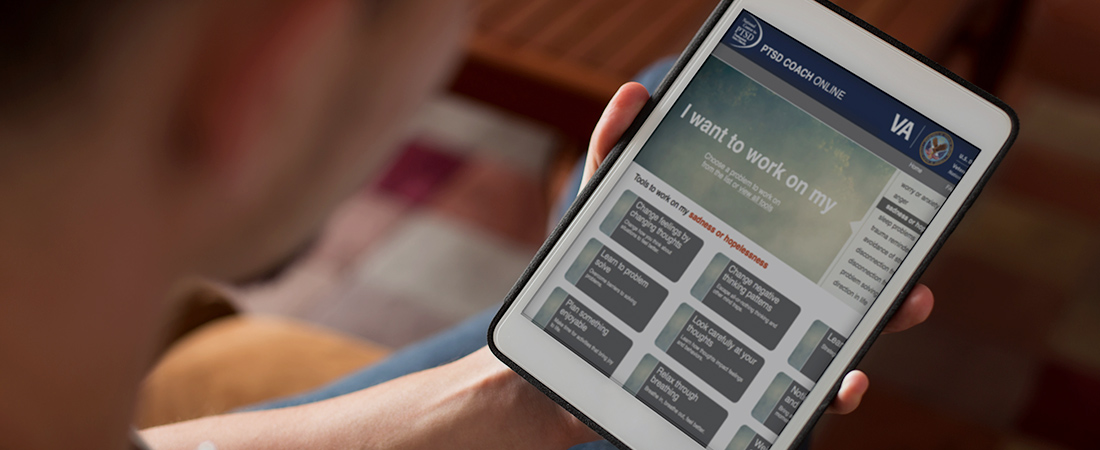
EDC is building digital health tools that can deliver care to those in need anywhere, anytime.
EDC identifies opportunities to promote individual, family, and community health and address disparities. We break down barriers to reach the medically underserved and improve the delivery of coordinated, evidence-based prevention and treatment services. Our programs reach the young and the elderly—and their caregivers—in diverse settings, including clinics, hospitals, schools, Head Start programs and child care centers, community programs, senior centers, and assisted living.
We develop community-level health communications campaigns as well as face-to-face and online training programs for physicians, nurses, mental health counselors, and allied health providers. We design digital health tools for reaching busy professionals and for providing consumers with self-management support.
Learn more: Read "A World Free from Suicide."
Related Content
Addressing Veteran Suicide
Jerry Reed says that a public health approach is needed to prevent suicide among Veterans.
The Voice of Experience
Individuals with lived experience can bring an important perspective to suicide prevention efforts.
Is Social Media Harmful to Students with Disabilities?
A new report on social media finds some benefits, but higher cyberbullying rates.
Addressing the Opioid Crisis through Home Visiting
Home visiting programs are critical to supporting children affected by opioid misuse, says Loraine Lucinski.
Home Visiting Supports Mothers, Infants
Breastfeeding holds a number of health benefits for mothers and infants. So why are rates of the practice so low?
3 Ways Schools Can Support Children Affected by the Opioid Crisis
Schools are uniquely positioned to address the needs of children exposed to trauma, says Shai Fuxman.
Projects
Resources
Here are a few of our resources on behavioral, physical, and mental health. To see more, visit our Resources section.
This resource library contains reports, analyses, surveys, and fact sheets developed as part of EDC’s administration of the MetroWest Adolescent Health Survey from 2006 to 2014.
This resource library maintained by the Suicide Prevention Resource Center (SPRC) includes products created by SPRC and its partners as well as toolkits, fact sheets, guides, upcoming trainings and
This document outlines a bold new vision for EDC's next chapter of work and impact. Building upon our 65-year legacy of global impact in education,
This report spotlights Eastern Niagara Hospital is using the Elder Mistreatment Emergency Department Toolkit to identify and address elder mistreatment.
This EDC brief spotlights the challenges that home visiting programs face in recruiting and retaining staff.
Sustainable Finance Initiative: Focuses on school health and nutrition.
This online toolkit supports the implementation of the Zero Suicide Initiative in health and behavioral health care settings.
This online guide provides Head Start and Early Head Start home visitors with effective strategies to assess, promote, and model good hygiene during regular meetings with families.
This tip sheet explains the benefits of including participants and families in continuous quality improvement (CQI) processes and provides strategies for engaging them as partners.